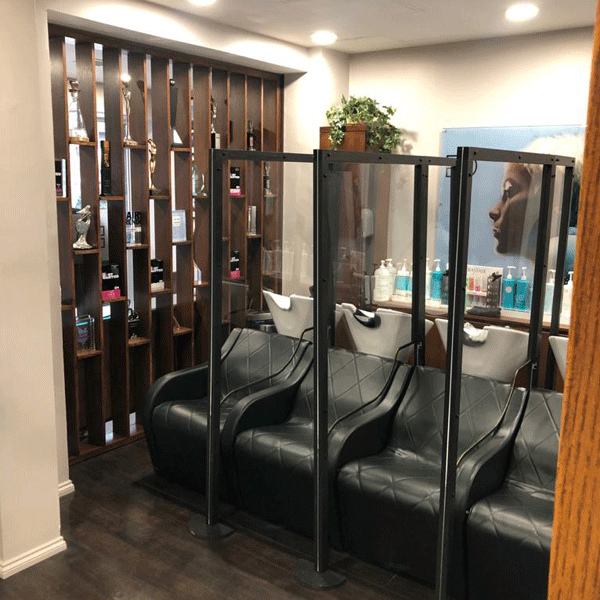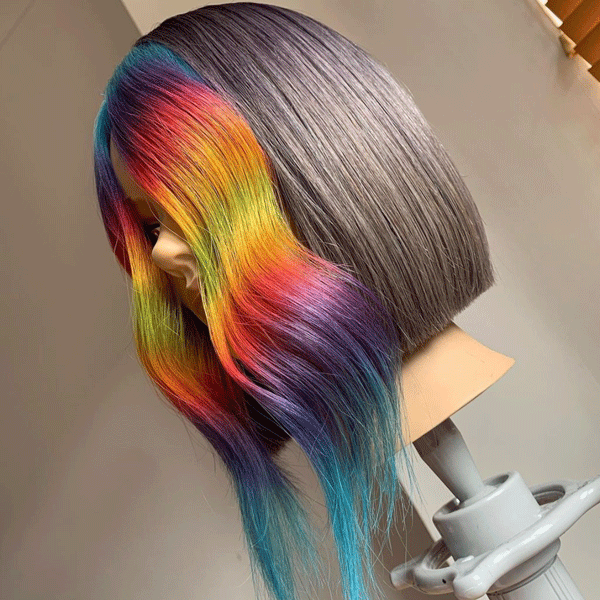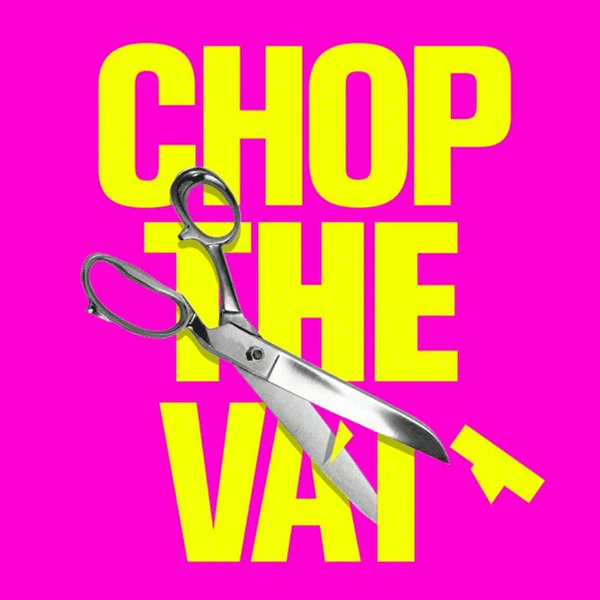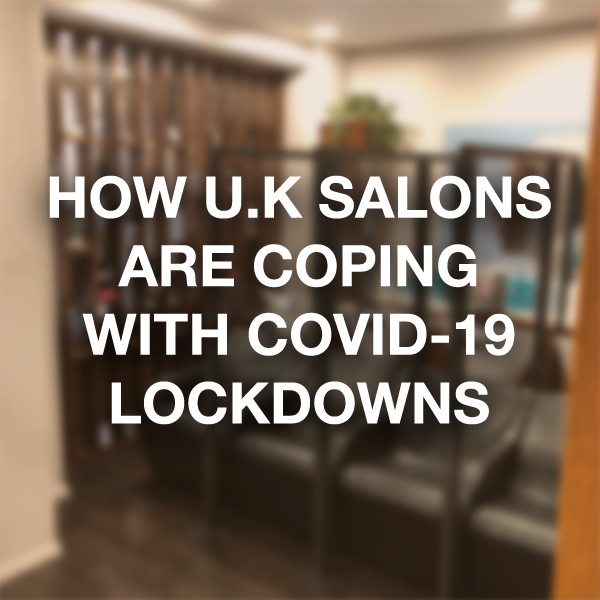COVID-19: What The Current Closure Means For U.K. Salons
Current Lockdown Leaves U.K. Hairdressers In The Dark
Since the COVID-19 pandemic brought the world to a halt, over 4,500 U.K.-based hairdressers have lost their jobs and salons have closed. In fact, the British pro beauty industry is expected to shrink by 30 percent by spring. Now, hairdressers in the United Kingdom are joining their peers in an international stance against salon closures, becoming the poster-children for what defines a profession as “essential” and to fight for the right to reopen.
We spoke with top UK salon owners to find out how the lockdowns are impacting business, what they’re doing to cope and their hopes for the future of the industry.
Feb. 22, 2021 Update:
Hairdressers, salons and other personal care services can reopen in the U.K. beginning April 12. The Prime Minister announced a four-stage “roadmap” for lifting restrictions, hairdressers can reopen under “Stage 2” along with outdoor dining and other non-essential shops. There will be five weeks between each stage, businesses will be given a one-week notice for moving forward to the next stage. To read more, click here.
The Current UK Lockdown & How They Got There
On December 26, London hairdressers and salons owners were forced to close again as the country prepared to enter a third lockdown, implemented nationwide on Jan. 6, 2021. As with the previous two closures, the government has been hesitant to give businesses a definitive reopen date, but some restrictions are expected to last until the early spring.
“It has been an absolute rollercoaster,” explains Adam Reed, owner of Adam Reed London. “With this being our third lockdown and no definitive end date in sight, this lockdown has been the hardest.”
The Impact On The Professional Beauty Industry
It is difficult to predict the permanent changes that will affect the beauty industry after the pandemic ends, but the damages will be significant.
“About five to ten thousand salons won’t be open again, and that is awful. There will be definitely be a longterm effect,” explains TIGI Founder and Artistic Director Anthony Mascolo. “The hairdresser and the barber were keeping the high street alive, and the high street has died even more and the hairdresser and barber are put under a lot of pressure because some are closing that just won’t open again.”
The multiple closures have taken a financial toll on both independent hairstylists and salon owners, who find themselves relying on government assistance to supplement lost income. In addition to lost wages, salon owners have already spent significant amounts of money preparing their salons for reopening safely—again. But many are worried the stigma of safety will deter clients from coming back.
“We’ve noticed that people have been scared into thinking salons are dangerous and that is just not true. [Salons] are meticulous in standards of health and hygiene and it seems that the [government] is not truly aware of the steps we took to follow the enhanced guidelines,” Adam explains.
Salon safety has been one of the major arguments the beauty industry has used against prolonged lockdowns, as it is one of the few professions trained in sanitation. With the back and forth of reopening, some salons have already implemented COVID-19 safety protocols such as social distancing and wearing PPE, for when clients return.

At his London-based salon, owner Errol Douglas MBE wanted to give his clients a sense of safety without sacrificing his salon’s standards, positioning clear dividers between stations and providing clients with freshly laundered capes and gowns. “We even have a machine that will put a plastic sheet on their coats, so they know we are serious about their safety,” he explains.
But the financial impact isn’t the only ramification. For an industry that thrives on artistic expression, salon owners are finding new ways to keep their staff inspired. For Not Another Salon Owner Sophia Hilton, that means listening to her staff’s needs which sometimes includes giving them space.
“We’ve done a number of creative activities. For the first lockdown I bought everyone a mannequin head and my staff was inspired to create a look they loved. During our second closure everyone on my staff (including my back of house staff) £100 to spend on education,” she says. “I recently sent everyone an activity care package, it really is my job as an employer to do what is best for them,” she explains.

What The Government Is Doing To Help Businesses
The UK government has passed multiple financial support packages that are focused on helping employers keep employees on the payroll while businesses were closed. This support included the Coronavirus Job Retention bill, which allows employees to receive 80 percent of their wages, the Self-Employment Income Support bill, which allows self-employed workers to apply for forgivable grants up to £6,570 for a three-month period, and multiple business loan programs, all backed in some capacity by the government.
To help the beauty industry specifically, The British Beauty Council has started a “#ChopTheVat” campaign, urging the government to lower the Value-Added Tax (VAT) from 20 percent to 5 percent, which was done to help the hospitality industry. This extra 15 percent can help put money directly into hairdressers’ pockets and help salons survive the current lockdown.
But what is a Value-Added Tax? Any U.K. business with a revenue of £83,000 or more must pay a government tax every three months. Businesses account for this by charging a tax on any goods and services. Since the beauty industry is centered around services and fixed costs (such as rent and utilities), salons mainly pay a VAT tax based on their profit. Meaning, if the tax increases, salons and independent stylists will have to raise their prices to cover the tax, or see a decrease in their take home pay.

Moving Forward Together
So how does the industry move forward, better and stronger than before? It starts by not sacrificing self care for success, knowing your worth—and CHARGING for it.
“I think stylists have to be braver when it comes to raising their prices. If we don’t, salons will continue to close,” Sophia explains. “Personally, I never believed I could run a salon on single booking, but we’ve been doing it and I’ve been able to raise my prices and give better service,” she adds.
If there is hope for the future, it will be the strength of the global community of beauty professionals. “I really do hope that the camaraderie that we have seen on a global level continues, I have been really proud of the resilience of our industry and the people in it,” says Adam.
But this hope isn’t limited to just the beauty industry. Moving forward Errol hopes to support other businesses in his neighborhood to create a welcoming environment that customers will want to return to.
“After the pandemic is over, I don’t just want to market my salon, but I want to market the sandwich shop next door as well, so clients can feel a sense of welcoming and community when they come into my salon,” he says. “We have to work together so clients feel confident in our shops again.”
One thing that will never change about this industry is the desire to share the creativity it creates. “You’ll get a rebirth of new, young salons and creativity coming out,” shares Anthony. Although, Anthony adds salons may be smaller in size as a residual fear stays of the back and forth closures.









